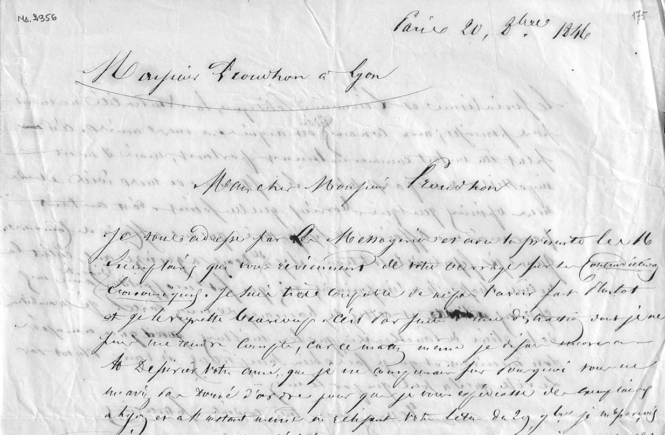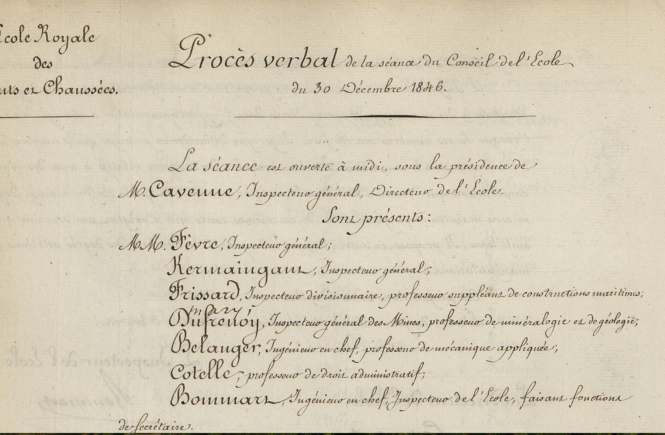French version published in the Dictionnaire de l’économie politique, 2 vols., 1852-1853 ; english version published in Cyclopædia of Political Science, Political Economy, and the Political History of the United States (1881).
LAISSEZ FAIRE—LAISSEZ PASSER. These two formulas, which are frequently met with in economic, political, social and socialistic discussions, were invented by the physiocrates. By laissez faire they mean simply let work, and by laissez passer, allow exchange; in other words, the physiocrates demand, by these phrases, the liberty of labor, and the liberty of commerce.
These two phrases have never been used by economists in any other sense; but the partisans of interference of all forms—socialists, protectionists, administrationists and interventionists—have often pretended to believe that they were the expression of the liberty to do everything, not only in political economy, but in morals, in politics and in religion. Jabard made this same assertion, about half a century ago, in the numerous pamphlets which he published, and even went so far as to assert that by laissez faire and laissez passer economists understood “unrestrained depredation.” To repeat such an interpretation is sufficient refutation for any serious, thinking man who does not close his eyes in order that he may not see, and stop up his ears that he may not hear. Economists do not apply their axiom to morals, politics or religion, which subjects they do not consider at all as economists, but only inasmuch as they relate to human activity and human industry; they do not pretend that men should be allowed to do everything, and that everything should be allowed to pass, but simply that men should be allowed to work and to exchange the fruits of their labor without hindrance and without being subjected to preventive measures, under the protection of laws repressing attempts against the property and labor of another.
Dupont de Nemours thus relates the origin of these formulas in his preface to Turgot’s “Eulogy of de Gournay”: “M. de Gournay, who was the son of a merchant and had long been actively engaged in commercial pursuits himself, had recognized that manufactures and commerce could be made to flourish only by liberty and competition. They discourage rash enterprises, and induce reasonable speculation; they prevent monopolies, restrict the private gains of merchants for the benefit of commerce, quicken industry, simplify machinery, diminish the burdensome expense of transportation and storage, and lower the rate of interest. They secure the highest possible price for the products of the earth, for the benefit of the producer, and the sale of these products at the lowest possible price, for the benefit of the consumers, for their satisfaction and enjoyment. He concluded from these observations that commerce should never be submitted to any tax or interference, and drew from them this axiom: laissez faire, laissez passer.”



